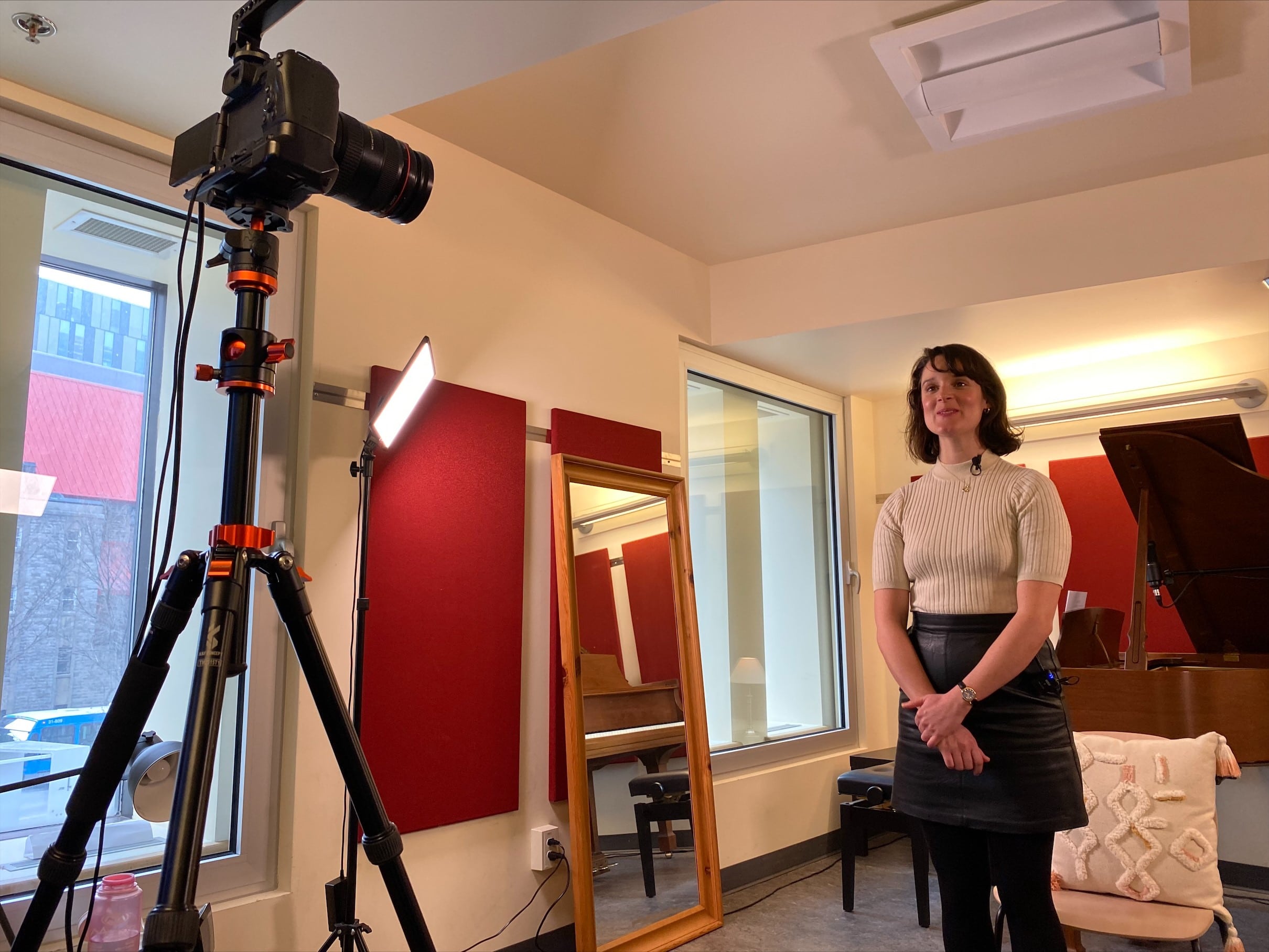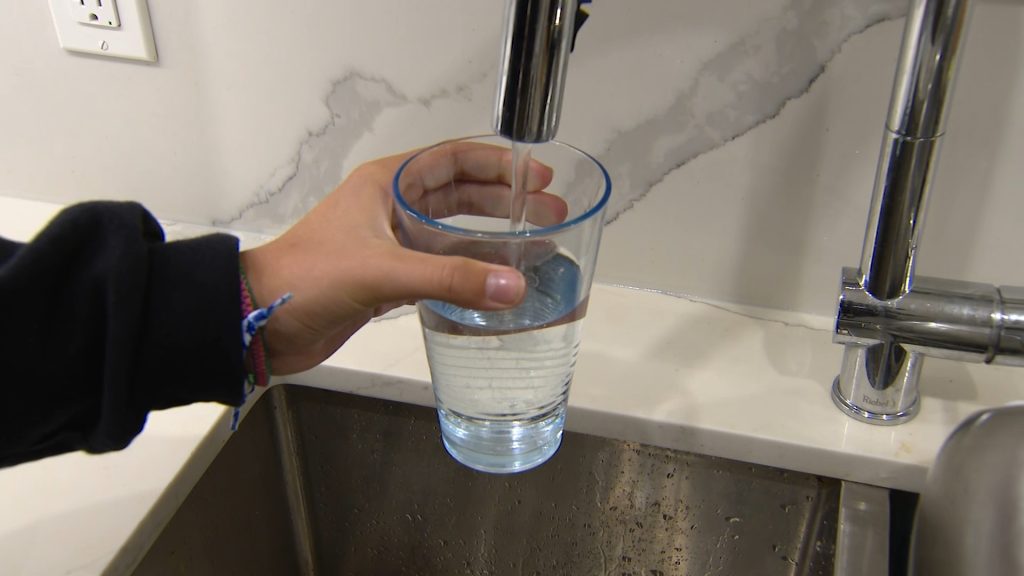How breathing techniques inspired by opera singers could help those with long COVID symptoms

Posted April 3, 2022 3:46 pm.
Last Updated April 4, 2022 9:14 am.
Those suffering from symptoms of long COVID could benefit from a breathing program heavily inspired by techniques used by opera singers.
People who developed respiratory complications and anxiety due to COVID-19 are being offered a virtual workshop dedicated to helping participants breathe deeper.
For the time being the workshops are only open to long COVID patients from a clinical research institute in Montreal.
The “Respirer” program – French for breathe – was created by the Opéra de Montréal in collaboration with the post-COVID-19 Research Clinic (IRCM).
“We have 42 patients and they are thrilled and enthused to be able to learn again how to breathe in a more, in a deeper way – because this is how opera singers do,” said Pierre Vachon, the director of community engagement and education at Opéra de Montréal.
Vachon is the one who first came up with the idea for “Respirer.”
“This is a pilot program,” he said. “So we’re testing things out to make sure, just to see how people react.”
The workshops combine breathing techniques of opera singers with those used in yoga sessions. It’s a technique inspired by the “Breathe” program from London’s English National Opera.
And it seems the response has been positive so far.
“They are eager to participate, and they really are open to the whole process and to experimenting, and they love to sing for themselves,” said Charlotte Gagnon, who developed the content for the workshops. “And they have lots of questions or they’re very curious of knowing more about how as opera singers, we use our voices and our breath.”
The bi-weekly workshops take place via Zoom for six weeks. Each session begins with mild yoga exercises to get the participants’ breath going, followed by a break, and then the singing portion.

Charlotte Gagnon developed the content for the Opera de Montreal workshops. (Credit: CityNews/Pamela Pagano)
“Talking about long COVID, we’re talking about patients who have at least one symptom that emerged in relation to having had a COVID infection… and the symptoms have to have lasted for at least two months,” said Dr. Emilia Liana Falcone, the director of the post-COVID-19 Research Clinic. “And usually we start counting as of three months from the initial infection.”
For the moment, the program is only offered to patients who are being followed by the IRCM post-COVID-19 research clinic.
Results from the pilot program remain to be seen, but Falcone says if those taking part see an improvement in their general well-being and feel a sense of community, that’s already a good start.
“Even though this is not a medical intervention, it is an intervention that marries health care with the arts, and I thought that the concept was great and that it offered the possibility,” she said.
READ:
- ‘It’s been hard’: Quebecer with long COVID being studied at research institute calls for more support
- COVID long-haulers dealing with issues accessing financial assistance
The program’s team members say they are respectful of the symptoms and discomforts of each patient, creating a safe space while bridging art and health.
“I feel so lucky, very lucky to be able to share with them and to hopefully bring some good and some warmth to their lives,” said Gagnon.
“They feel like they haven’t felt well for a long time now,” added Vachon. “They’re feeling better each time they are relearning to be able to sing. So it’s very, very encouraging for us to be able to bring that to them.”








